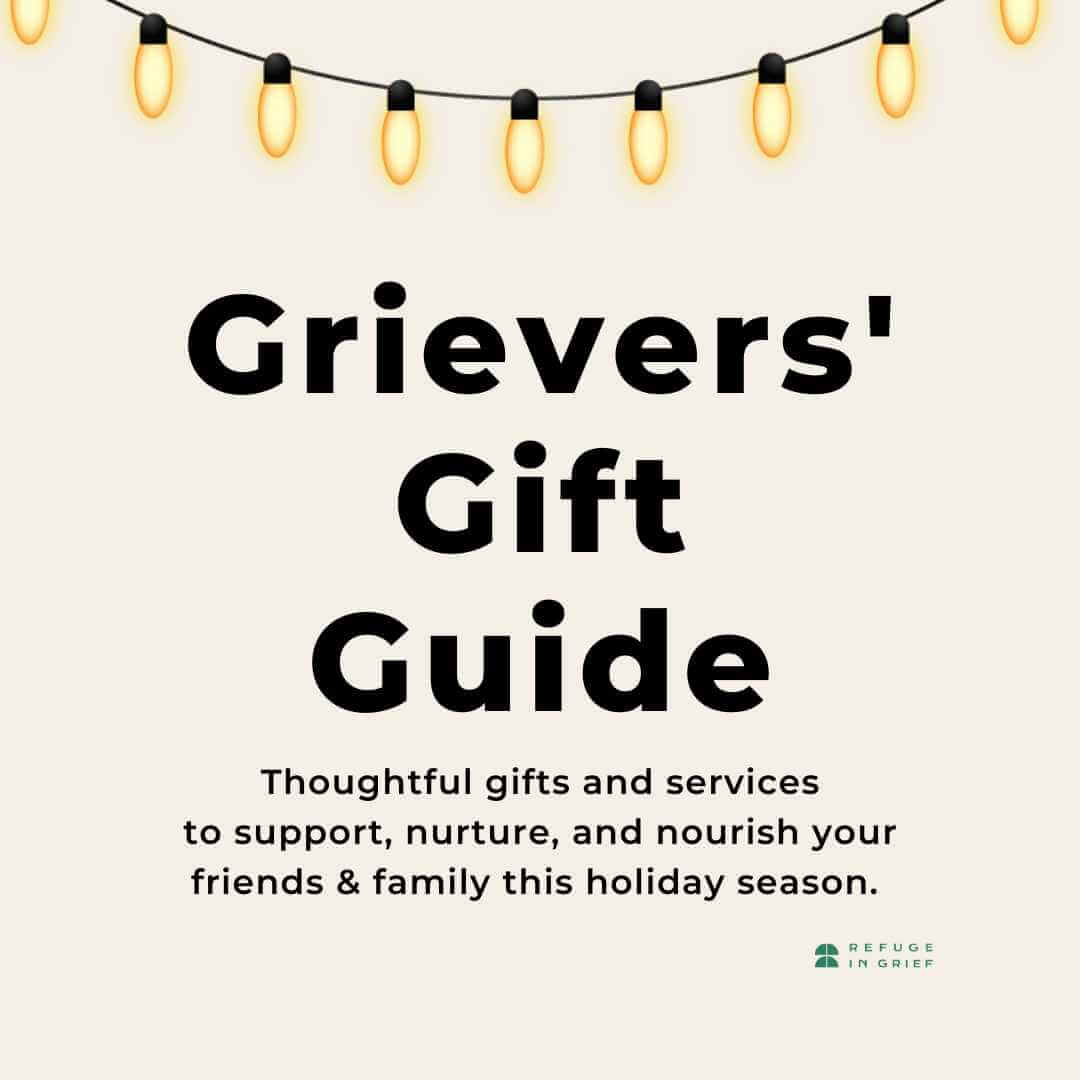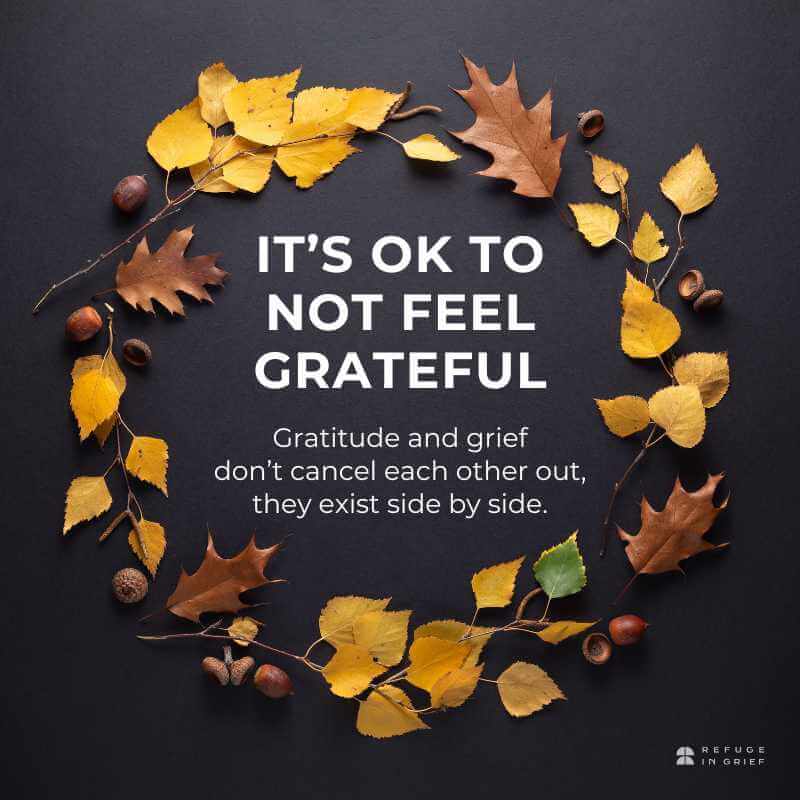does refusing to talk about death make it go away?
As a whole, Western culture is not so good with talking about death. We’re quick with distraction, changing the subject, or turning things into a transformative, everything works out in the end narrative. This shows up especially clearly in our responses to grief: just don’t talk about it. That refusal to face death and grief comes out in so many strange interpersonal ways.
I hear my share of rants. I hear my share, maybe more than my share, of stupid, horrible, thoughtless, heartless, wrong-headed things people say to the grieving.
It’s pretty normal for me, these days, to find myself giving a reality check, or a professional smack-down, to some odd-headed idea about grief.
But even with the somewhat regularity of such things, sometimes a situation is so off-key that even I can’t believe it actually happened.
Last week, a dear friend of mine was dressed-down by another parent for allegedly “making up death stories.” Here’s what happened:
My friend’s partner died while she was pregnant with their daughter. One day, her daughter shared this information with a little boy on the playground. She shared it in that way that 5 year old kids have – bluntly, and matter-of-fact: the boy was talking about his dad, and my friend’s kid said something along the lines of “I don’t have a dad. He died.”
The little boy told his mom this information, and the mom proceeded to freak out. At my friend. Repeatedly.
The mom accused my friend of lying about the death, telling her that he was just an “absent” father, or probably in jail somewhere. And even if he was dead (which she doubted), her daughter should be forbidden to talk about it, because death is upsetting.
See, this family is trying to protect their young son from even knowing that death happens. Ever. They intend to shelter him from anything related to death or illness for the entirety of his childhood, believing that it’s “more gentle” this way.
I don’t think I’m a pessimist when I say…. good luck with that.
You know Buddha’s family did that to him, right? They locked him behind castle walls, removing any hint of old age, or illness, or death. They wanted to protect him. And you know what happened the second he was old enough to sneak out of those palace walls? He saw dead people everywhere, saw death and illness and reality and true life.
He realized he’d been fed a lie.
The truth forever changed his life. He left his sheltering birth family forever. The Buddha became a great force of love and compassion – he was indeed, a gentle man – but it came with exposure to the truth, not a steady diet of lies.
Instead of avoiding suffering, he built his life around it.
It didn't work to shield the young Buddha from death, and it won't help others either. Click To TweetNow, I’m not saying that kids should be exposed to the realities of death, not fully. There is always a need for age-appropriate discernment. But to hide the truth, hoping that it makes them gentle – man, that is a huge dis-service.
And demanding that others lie about their own reality in order to keep your own fantasy-land intact? Wow.
And of course, those of us here know that refusing to acknowledge that death exists does not in any way protect you from it. Refusing to allow discussions about illness and death just means that when it does happen, the child will have absolutely no skills to deal with their grief. He’ll just know that it’s not okay to talk about.
This whole avoidance of death thing creates generations of people ill-equipped to respect the reality of grief. It creates legions of people feeling grief, without any capacity to speak to it, or handle it, or treat it with respect and understanding.
It really irks me. Maybe next week, I’ll be my usual softer, gentler self. For now, I am too exposed to grief and death-illiteracy to keep quiet, and I refuse to lie about that. I always do better with the truth.
 As always, I love your questions and your comments. How do you navigate this territory – either in how you speak to your own children about death and grief, or in how you respond to these kinds of bizarre gag orders on grief?
As always, I love your questions and your comments. How do you navigate this territory – either in how you speak to your own children about death and grief, or in how you respond to these kinds of bizarre gag orders on grief?


